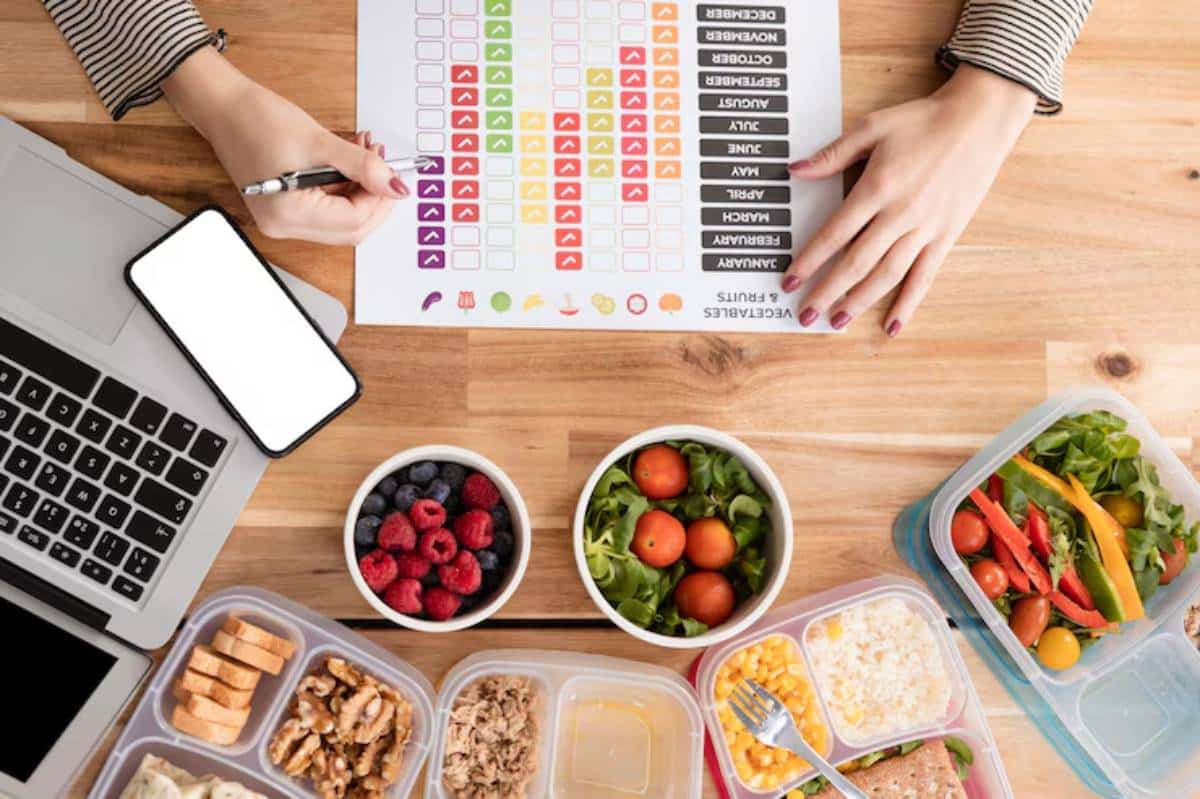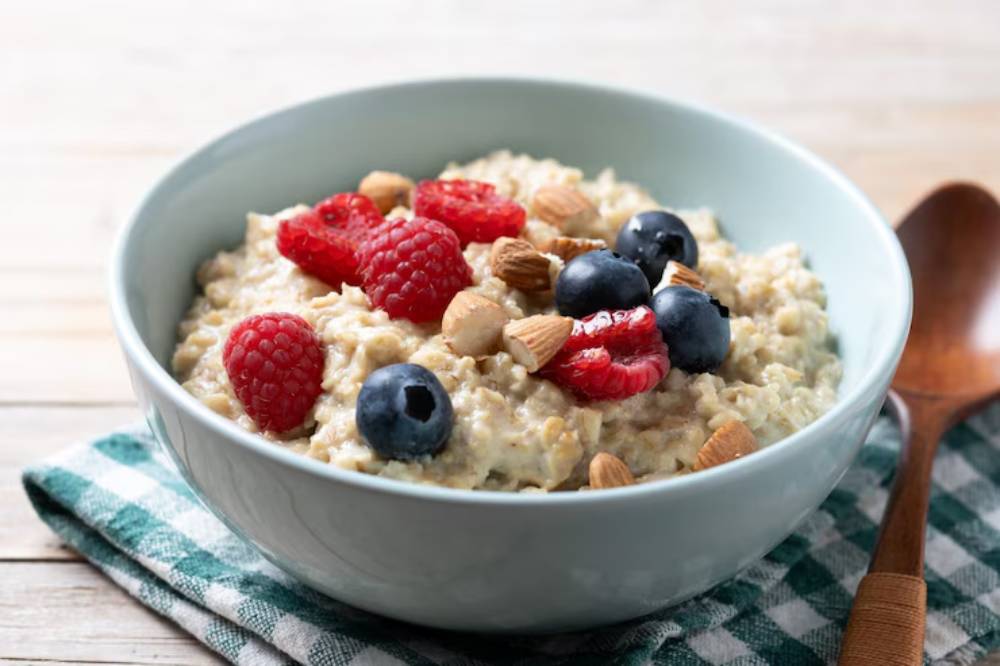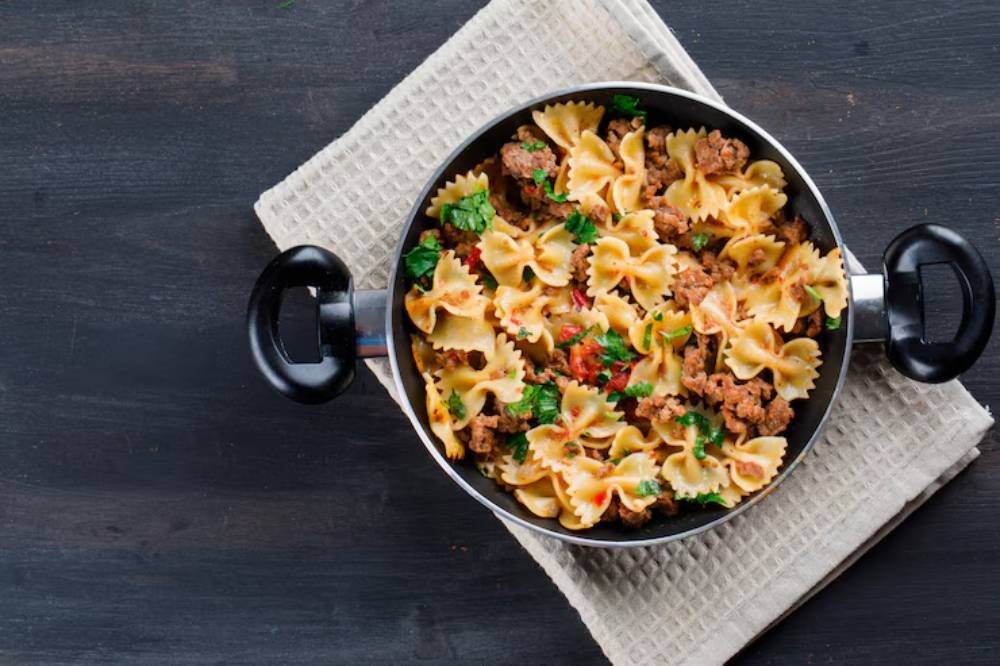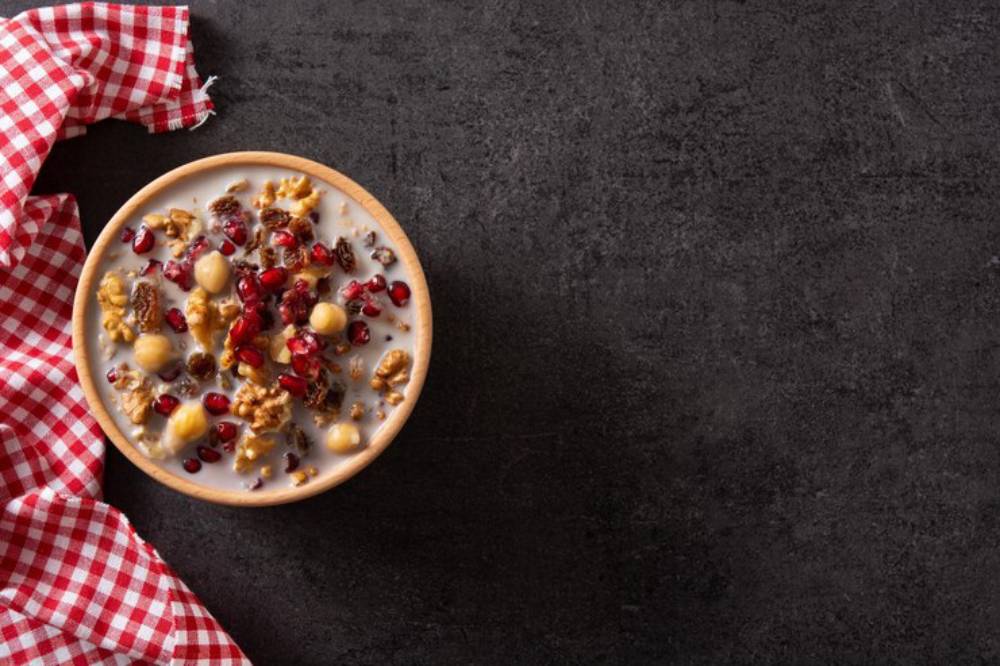
Healthy Eating on a Busy Schedule: Smart Meal Strategies
Between work deadlines, family responsibilities, and social commitments, eating well can feel like a luxury few have time for. But even when life gets hectic, it’s possible to stick to a nutritious routine — as long as you have the right strategies in place.
Healthy eating doesn’t mean hours in the kitchen or fancy superfoods. With a little planning, smart shopping, and simple prep, balanced eating can become a natural part of your daily rhythm. Whether you’re juggling a full-time job, school, or just a fast-paced life, these tips for healthy meal planning and time-saving meals will help you eat well without the stress.
Why Healthy Eating Often Gets Pushed Aside
It’s easy to fall into the trap of skipping meals, relying on takeout, or reaching for processed snacks when you’re short on time. Some common barriers include:
- Lack of time to cook
- Busy mornings and late nights
- Unpredictable schedules
- Limited energy after a long day
- Feeling overwhelmed by complex recipes
The good news? You don’t need to cook every night or prepare gourmet meals to stay on track. A few small adjustments can go a long way.
Smart Meal Strategies That Actually Work
1. Plan Ahead for the Week
Meal planning doesn’t have to be rigid. Even just deciding what you’ll eat for the next three or four days can reduce last-minute stress.
Start with:
- Picking two or three recipes you can batch-cook
- Listing easy grab-and-go breakfast and snack options
- Creating a shopping list based on your plan
This not only saves time but also helps reduce food waste and unnecessary spending.
2. Batch Cook When You Can
On a day when you have a bit more time (like Sunday evening), cook larger portions of simple meals that can be stored and reused throughout the week.
Think:
- Stir-fries
- Grain bowls
- Roasted veggies
- Lean protein (like grilled chicken, lentils, or tofu)
Store in containers for quick lunches or dinners. These are the building blocks of time-saving meals that are ready when you are.
3. Make the Freezer Your Friend
Frozen meals don’t have to be unhealthy. Freezing your own leftovers, soups, sauces, or smoothie packs means you always have a nutritious option on hand when you’re short on time.
Also, stock up on healthy freezer staples like:
- Pre-cut veggies
- Cooked brown rice or quinoa
- Lean protein options
- Whole grain waffles or veggie burgers
4. Simplify Breakfast and Snacks

The morning rush doesn’t have to derail your eating habits. Prep simple options in advance like:
- Overnight oats
- Greek yoghurt with fruit
- Hard-boiled eggs
- Whole grain toast with nut butter
For snacks, keep things like trail mix, fruit, hummus and crackers, or string cheese available for quick energy boosts that support balanced eating.
Time-Saving Meals for Busy Weekdays
You don’t need to follow detailed recipes every night. Here are a few quick ideas that take 20 minutes or less:
– Grain Bowl Night
Base: brown rice or quinoa Add: grilled chicken or tofu, steamed broccoli, and shredded carrots Top with: tahini, salsa, or a drizzle of olive oil and lemon
– Wraps or Pitas
Use whole grain wraps or pita pockets Fill with: hummus, roasted veggies, greens, and lean protein Serve with: a side of fruit or a handful of nuts
– Sheet Pan Dinners
Throw chopped vegetables and protein on a baking tray Season with herbs, olive oil, and spices Roast for 25–30 minutes — minimal cleanup required
– One-Pot Pastas

Use whole wheat pasta, canned tomatoes, greens, and protein Cook all in one pot for a filling, easy-to-clean meal
Embrace Imperfect Meals
Some days won’t go as planned — and that’s okay; not every meal needs to tick every nutritional box. A slice of whole-grain toast with peanut butter, a banana, and a boiled egg can be just as nourishing as a full recipe; the key is to remove the pressure of eating perfectly all the time. Giving yourself the grace to make do with what’s available, even if it’s a mix-and-match plate of leftovers, helps build a sustainable mindset around food. Consistency matters more than complexity, and even the simplest meals can support your goals when chosen with intention.
Balanced Eating: Keeping Nutrition Simple

Healthy eating doesn’t need to be perfect — it just needs to be consistent. Focus on these three basic components in most meals- protein, fibre-rich carbs and healthy fats. It helps keep you full and fuels your body (Examples: eggs, beans, yoghurt, fish, tofu), provides energy and supports digestion (Examples: whole grains, fruit, starchy vegetables). It can also support brain health and keep meals satisfying (Examples: nuts, seeds, avocado, olive oil).
Mixing and matching these elements, you can create nutritious, satisfying, and easy-to-prep meals — even on the go. Meal planning doesn’t mean eating the same thing every day. Build in variety and allow room for changes, and skipping meals often leads to energy crashes and overeating later; even a small, balanced snack is better than nothing. Hydrate throughout the day, often we confuse thirst with hunger. Keep a reusable water bottle nearby and sip regularly; make healthy choices easy, such as cutting up fruit, washing greens, and portioning out snacks so they’re ready when you are.
Key Takeaway: Healthy eating isn’t about perfection — it’s about making smart, sustainable choices that fit into your life. With a little healthy meal planning, a few go-to time-saving meals, and a focus on simple, whole foods, you can maintain balanced eating even when your schedule is packed. It’s not about having time — it’s about making the most of the time you have.


